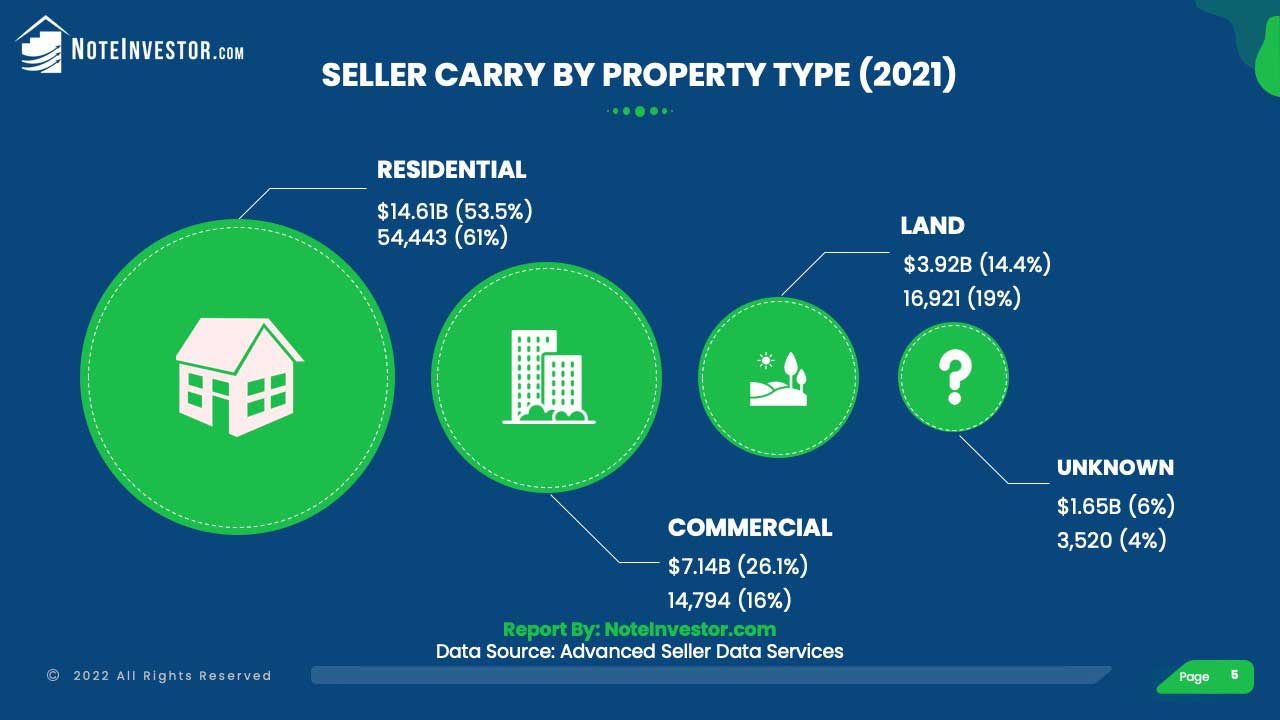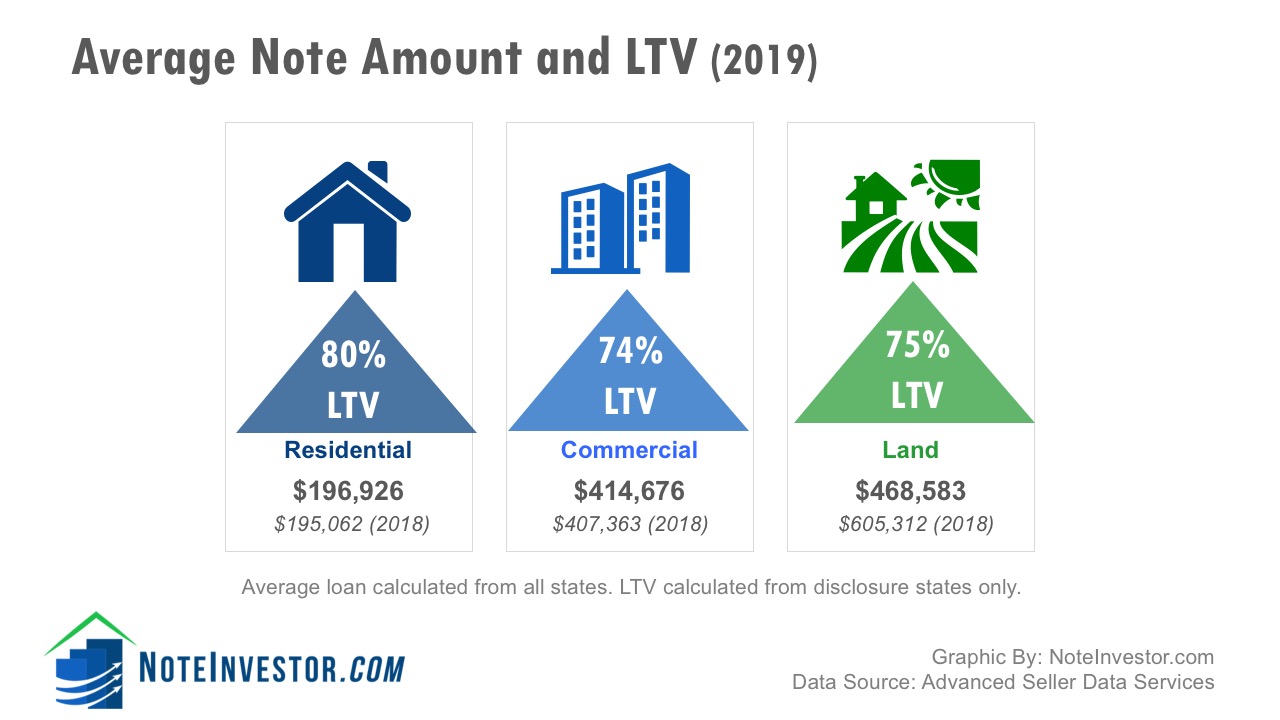Absolutely. Let’s craft a comprehensive 3000-word article on owner financing for land, focusing on clarity and detail, and replacing “ with `
` or `
` as requested.
Buying land can be a dream, whether you’re looking to build a home, start a farm, or simply invest in a valuable asset. However, traditional bank loans aren’t always accessible or desirable. That’s where owner financing, also known as seller financing, comes in. This method allows you to purchase land directly from the owner, with the owner acting as the lender. Let’s delve into the intricacies of owner financing for land.

Owner financing is a transaction where the seller of the land provides the financing for the purchase, rather than a bank or other financial institution. This arrangement can be beneficial for both the buyer and the seller, offering flexibility and potentially faster closing times.
Accessibility for Buyers with Less-Than-Perfect Credit
One of the most significant advantages of owner financing is that it can be easier to qualify for than a traditional bank loan. Sellers often have more flexible credit requirements and may be willing to work with buyers who have less-than-perfect credit histories.
Faster Closing Times
Owner financing transactions typically close much faster than traditional bank loans. There’s less paperwork and fewer bureaucratic hurdles to overcome, allowing you to acquire your land more quickly.
Flexible Terms

Sellers may offer more flexible terms than banks, including lower down payments, lower interest rates, or longer repayment periods. This flexibility can be particularly advantageous for buyers with unique financial situations.
No Appraisal or Strict Underwriting
Banks require appraisals and strict underwriting processes, which can add time and expense to the transaction. Owner financing often bypasses these requirements, streamlining the process.
Potential for Higher Returns
Sellers can potentially earn higher returns by charging interest on the loan, often at rates that are competitive with or higher than bank rates.
Expanded Pool of Potential Buyers

Offering owner financing can attract a wider range of potential buyers, including those who may not qualify for traditional bank loans.
Steady Income Stream
Owner financing can provide a steady income stream for the seller over the repayment period.
Tax Advantages
In some cases, sellers may be able to spread out the capital gains tax liability over the repayment period, offering tax advantages.
The Promissory Note
The promissory note is a legally binding document that outlines the terms of the loan, including the loan amount, interest rate, repayment schedule, and any penalties for late payments.
The Land Contract (Contract for Deed)
A land contract, also known as a contract for deed, is a legal agreement where the seller retains legal title to the property until the buyer has made all payments under the contract. The buyer has equitable title, and the right to use the land, while making payments.
The Mortgage or Deed of Trust
In some owner financing agreements, a mortgage or deed of trust is used to secure the loan. This document gives the seller the right to foreclose on the property if the buyer defaults on the loan.
Down Payment
The down payment is the initial amount of money the buyer pays to the seller. The amount of the down payment is negotiable and can vary depending on the seller’s requirements and the buyer’s financial situation.
Interest Rate
The interest rate is the percentage charged on the loan amount. The interest rate can be fixed or variable and is typically negotiated between the buyer and the seller.
Repayment Schedule
The repayment schedule outlines the frequency and amount of payments the buyer must make to the seller. This schedule is typically monthly but can be customized to fit the buyer’s needs.
Closing Costs
Closing costs are the fees associated with the transaction, including legal fees, title insurance, and recording fees. These costs are typically negotiated between the buyer and the seller.
Land Contract (Contract for Deed)
Description
A land contract is a type of owner financing agreement where the seller retains legal title to the property until the buyer has made all payments under the contract.
Advantages
Disadvantages
Mortgage or Deed of Trust
Description
In this arrangement, the buyer receives legal title to the property at closing, and the seller holds a mortgage or deed of trust as security for the loan.
Advantages
Disadvantages
Lease Option
Description
A lease option agreement gives the buyer the option to purchase the property at a predetermined price within a specified period.
Advantages
Disadvantages
Find Land with Owner Financing Options
Start by looking for land listings that specifically mention owner financing or seller financing. You can also contact real estate agents specializing in land sales.
Negotiate the Terms
Once you’ve found a property, negotiate the terms of the financing agreement with the seller. This includes the down payment, interest rate, repayment schedule, and any other relevant terms.
Conduct Due Diligence
Before finalizing the agreement, conduct thorough due diligence on the property. This includes checking the title, obtaining a survey, and assessing any potential environmental issues.
Draft the Legal Documents
Work with a real estate attorney to draft the necessary legal documents, including the promissory note, land contract, or mortgage.
Close the Transaction
Once all the documents are prepared and signed, close the transaction and record the necessary documents with the local county recorder’s office.
Buyer Risks
Risk of losing equity if the seller forecloses.
Seller Risks
Risk of buyer defaulting on the loan.
Legal and Tax Implications
It’s crucial to consult with a real estate attorney and a tax professional to understand the legal and tax implications of owner financing.
Due Diligence is Essential
Thorough due diligence is essential for both buyers and sellers to minimize risks and ensure a smooth transaction.
Online Land Listing Websites
Websites like LandWatch, Lands of America, and LandFlip often have listings for owner-financed land.
Local Real Estate Agents
Real estate agents specializing in land sales can help you find properties with owner financing options.
Directly Contacting Land Owners
You can also try contacting land owners directly in areas where you’re interested in buying land.
Networking
Networking with other land investors and real estate professionals can also help you find owner financing opportunities.
Owner financing for land can be a viable and advantageous option for both buyers and sellers. By understanding the key components of an owner financing agreement, conducting thorough due diligence, and working with experienced professionals, you can navigate the process successfully and achieve your land ownership goals.
